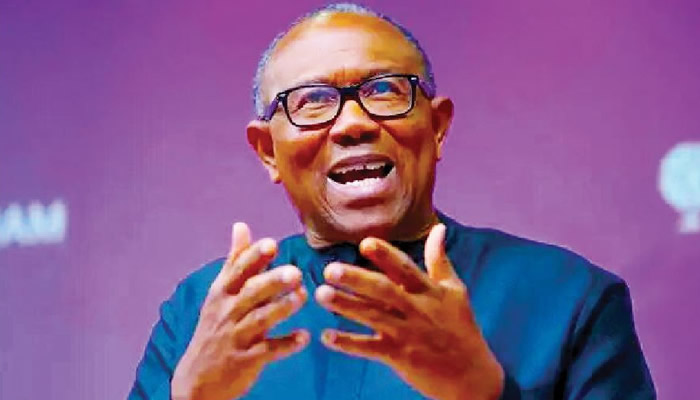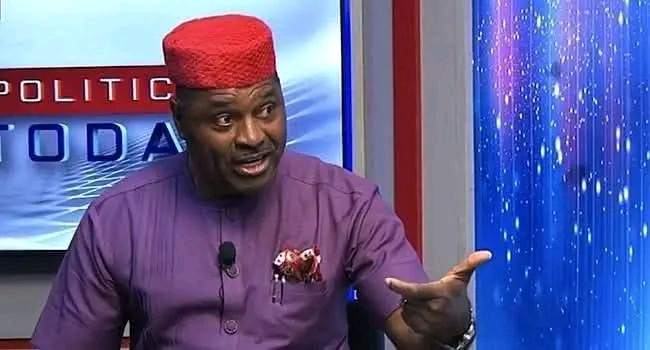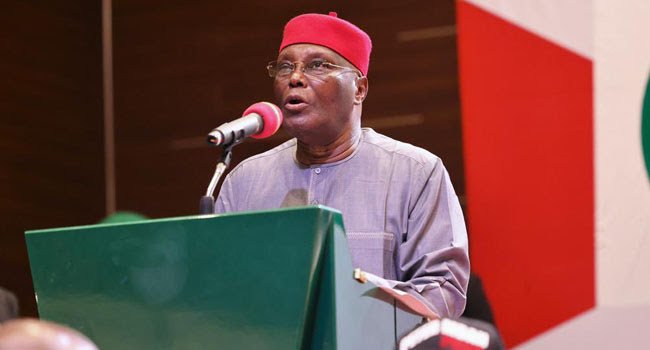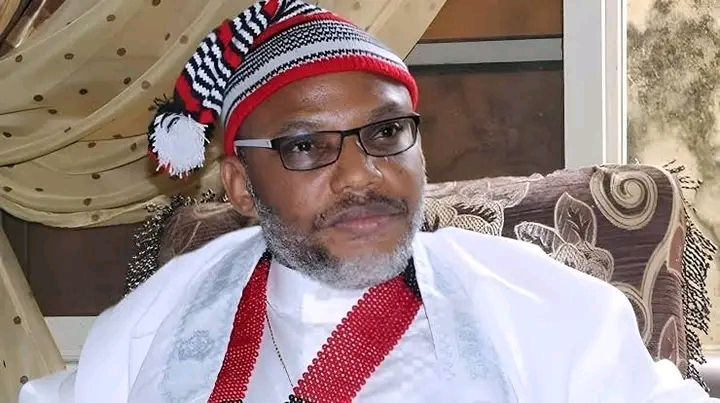Former presidential candidate of the Labour Party (LP), Peter Obi, has dismissed fears that Nigeria is sliding into a one-party system following the wave of defections by top politicians to the ruling All Progressives Congress (APC).
Speaking to journalists on Monday, Obi said Nigeria’s democracy remains strong and resilient, adding that no political party can dominate the nation’s complex political space simply through defections.
He said the recent movement of politicians across party lines does not signify the collapse of multiparty democracy but is rather part of the country’s evolving political culture.
“A governor’s decision to switch political parties does not automatically translate into regional or national control,” Obi stated. “The electorate still decides where their loyalty lies. Nigerians today are far more politically conscious than in the past.”
Obi, a two-time governor of Anambra State, noted that the real strength of democracy lies not in the size of political parties but in the will of the people. He said Nigerians are becoming increasingly aware of their rights and responsibilities, which makes it impossible for any political group to monopolize power indefinitely.
“People no longer follow politicians blindly,” he said. “They now evaluate credibility, competence, and integrity before casting their votes. That is the new strength of our democracy.”
According to him, the wave of defections among governors and lawmakers reflects a lack of ideological commitment within the political elite rather than a genuine shift in public sentiment. He maintained that democracy thrives when citizens are informed and active participants, not passive spectators swayed by political theatrics.
Reacting to reports that several state governors have recently joined the APC, Obi dismissed the notion that such moves would significantly alter Nigeria’s political direction. He pointed out that the country’s political structure is too diverse and decentralized for one party to control entirely, regardless of how many powerful figures it attracts.
“Real political power does not come from the number of politicians who join your camp,” he explained. “It comes from the people’s trust, from the quality of governance, and from how much you improve lives.”
Obi stressed that true democracy is built on accountability, transparency, and performance, not on party expansion or propaganda. He said governance must always prioritize citizens’ welfare, noting that Nigerians will support any leader or party that delivers real progress, regardless of political affiliation.
He also observed that Nigerians are now more politically enlightened and are demanding competence rather than promises from politicians. Unlike in the past, he said voters are now driven by results and impact, not sentiment or patronage.
“Our people are no longer impressed by political drama,” Obi said. “They want leaders who can fix the economy, create jobs, ensure security, and promote fairness.”
He urged Nigerians to remain hopeful in the democratic process, stating that the current realignments are part of the country’s political growth. “Democracy takes time to grow. These shifts, though sometimes messy, are part of a larger journey toward a stronger and more accountable system,” he said.
Obi cautioned the political class against prioritizing personal ambition and power accumulation over good governance. He stressed that the ultimate goal of politics should be to serve the people, rebuild institutions, and ensure equal opportunities for all citizens.
“The measure of leadership is not in how many people defect to your party,” he said. “It is in how many lives you uplift and how many communities you transform.”
He reaffirmed his belief that Nigeria’s democracy remains vibrant, sustained by citizens’ growing awareness and demand for competence over political loyalty.







Comments (0)
Please login to comment.